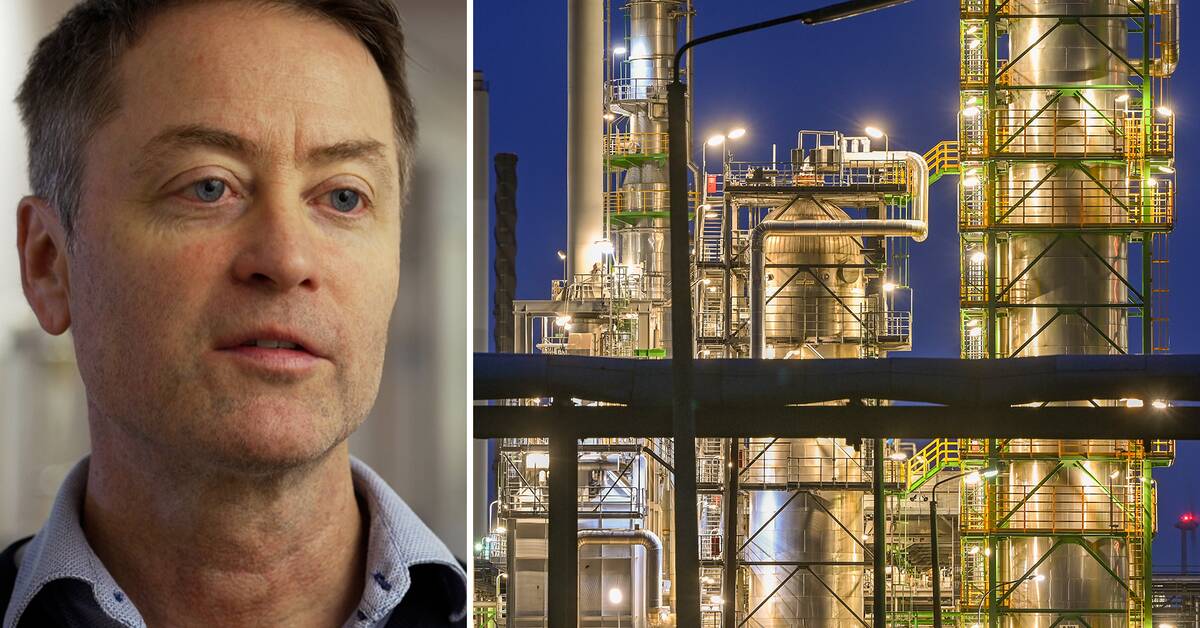A maximum of $60 per barrel is what members of the EU and the G7, the world's seven richest countries, will pay for Russian oil.
The purpose is to reduce the income for the Russian war fund.
- It is a fairly comfortable border, Volodymyr Zelenskyy said in a video on social media.
"Can be tricky"
According to commodity analyst Christian Kopfer at Handelsbanken, the price ceiling will have no major effect at the moment.
- Russia sells its oil below this level, he tells TT.
But if the price of oil were to rise, there could be consequences.
- Then it can get tricky.
How does Russia respond then?
You will not swallow any bitter medicine voluntarily.
Russia can respond by reducing production.
Kristersson: Important to increase the pressure
Russia will not accept the price cap, according to a Kremlin spokesman quoted by Russian state news agency Tass.
It is currently unclear how Russia Vladimir Putin's spokesman Dmitry Peskov has said that they are now preparing a response, according to Reuters.
Prime Minister Ulf Kristersson's (M) official account on Twitter wrote on Saturday that the price ceiling is an important step towards weakening Russia's income and that it is important that Europe increases the pressure on Russia.

